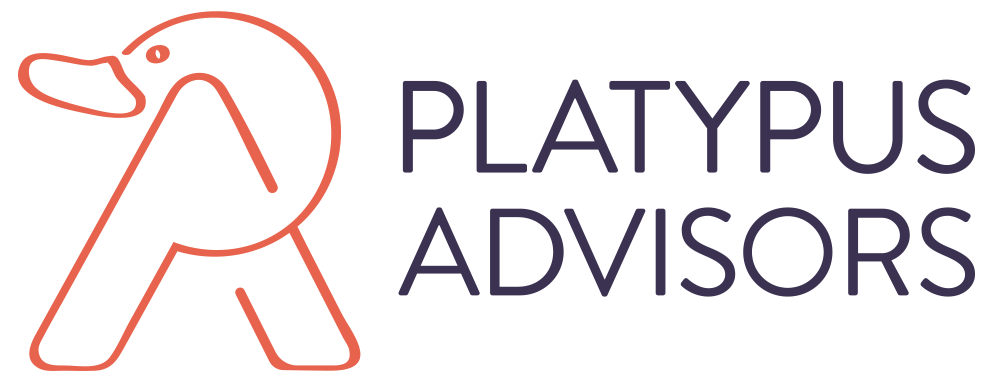Do U.S. Companies Need to Know About Double Materiality?
You don’t have to follow CSRD requirements until ~2027, but there are many reasons to do a double materiality assessment now.
By Platypus Advisors
Most large companies today perform what’s called a materiality assessment: “What ESG issues matter most to our stakeholders, and how might the issues impact us as a company?” This is the act of looking outside in.
If you add the flip side—looking inside out—you get double materiality: “How might our company’s resources, practices, and operations impact the planet and society?”
It’s a nice thought—but it takes work, right? While double materiality assessments are currently not required for U.S. companies, they will be in the next few years. So “nice to have” will become “must have.”
An additional assessment … Can I just deal with this later, please?
Well, yes. The current timeline for non-EU entities to have to follow CSRD (Corporate Sustainability Reporting Directive) requirements is ~2027+.
This also sounds like it opens us up for more scrutiny, and takes a lot of resources.
These are valid concerns. We totally hear you.
But…
1. Starting to practice the requirements now will help ensure you have the processes in place and have worked out the kinks by the time you’re required to submit. The sooner you start, the sooner you'll learn how to do it in a way that's best for your company.
“The sooner you start, the sooner you’ll learn how to do it in a way that’s best for your company.”
2. The double materiality process helps to formally identify and prioritize where and how you can make the most positive impact. It puts a structure in place for determining where your priorities are for finding the intersection between business and societal value.
3. Your stakeholders will increasingly start to ask about it. The results of your double materiality assessment will further strengthen your company's philanthropy and ESG work as well as its connection with employees, customers, and communities.
Also keep in mind that this can be a valuable exercise to do internally, to start. You don’t have to tell anyone else you’re doing it! You can learn from the assessment, iterate, and get more prepared before sharing externally.
Interested in learning more, or getting started? We got you!

